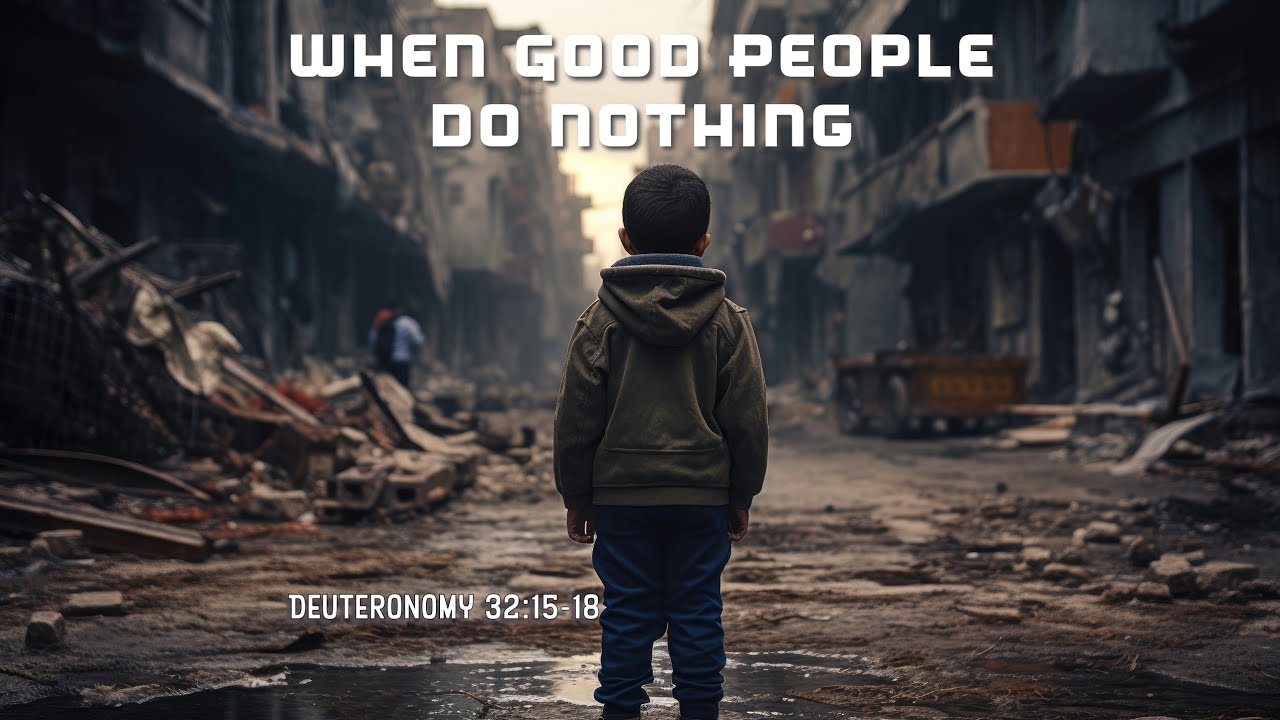The Lord’s Prayer exhorts us to focus on the needs of our community, and for the courage to speak against injustice
Seventeenth Sunday in Ordinary Time – July 27, 2025
Both the Gospel and the First Reading highlight the capacity of people, like you and I, to simply have a conversation with God, as we would with our own mother or father.
It reminds us that God is close to us; cares deeply about us; and wants to teach and guide us make less mistakes in the future, allowing us to find deep peace and joy: God is relational. This is one of the great gifts of the Christian religion: God is close, not distant.
However, just as with our parents, there is a healthy tension between the certainty of our demands and the mystery of God. This Genesis passage reveals how human beings think, and how God thinks: it is people like you and I who condemn and destroy others, not God.
What is very powerful in the First Reading is the clear benefit that “good’ people are for the whole community, despite the fact that they are often ignored and under-appreciated: ‘even ten.’
In addition, there is a healthy warning that serious sin cannot be tolerated for long: God will not allow sin to continue destroying innocent people for very long: when innocent people continue to suffer for too long, that’s when changes must, and will, come.
Nature, the world and humanity are all finely tuned to work together to create consequences that destroy evil. Leaving open, of course, the possibility that God may intervene directly.
In the Gospel, we usually jump over the Our Father to focus on the last part that promises answers to our prayers and our searching (I mean, we already know that prayer, right?).
But, will every prayer will be answered? In the preceding event, where Jesus taught the disciples how to pray, we learn how to pray and what true prayer and searching must be about:
1) to help build the Kingdom of God on earth (for the good of all): Your Kingdom come;
2) to pray for something that the community needs: OUR daily bread;
3) to humbly “confess” our own failures: and forgive us our sins;
4) for patience with people who hurt us: we ourselves forgive each …in debt to us; and
5) to help us avoid evil: deliver us from evil.
This does not mean we cannot pray for personal situations; but it reorients our priorities and desires to be for the good of our family and community, as well as ourselves.
Preaching on the readings of today in the context of Kenya reveals a clear connection between the Initiation Rites practiced here and the sudden change that occurs through Rites of Initiation. Scholars, such as Fr Richard Rohr OFM, have argued that Rites of Initiation are the most ancient form of religion known to humanity.
In the Second Reading, St Paul says this: “You were dead, because you were sinners and had not been circumcised: he has brought you to life with him, he has forgiven us all our sins.” Self-oriented boys enter the Rite of Initiation, but they leave as men: men trained for the well-being of the community.
During the Initiation, Elders enter in and teach the boys what is expected of them to be good community focused men, no longer selfish, naughty boys: it is a new beginning where past sins are erased through their suffering and training.
In like manner, St Paul is telling us that for our future happiness, we must leave behind any self-centred relationship we have with God, and open ourselves up to be partners with God to bring liberation and justice to those who suffer in the community.
The purpose and conclusion of the First Reading can be easily overlooked. God invites us to stand up when innocent people are suffering: to be a voice for those unable to speak/ be heard. This can be through advocacy, remedial actions or, better still, both action and speaking out.
The Gospel is not simply a feel good message to help ourselves, and strengthen our personal relationship with God (important though it is). The light of the Gospel shines clearly on the First Reading to remind us of our responsibility to act justly, love tenderly, and walk humbly with our God (Micah 6:8).
In conclusion, God is not a sugar-daddy who gives in to our selfish desires; but that God is someone who is close to those who honestly seek assistance for the good of all: including you! In addition, God has a special care for the broken and oppressed: God’s love thirsts for justice.
Albert Einstein once said, “The world will not be destroyed by those who do evil, but by those who watch them.”
Does my love thirst for justice for my neighbours? Does your love thirst likewise? What issue of injustice will you and I raise this week? What future will you build for “us”?
By Gerard Conlan, OMI


